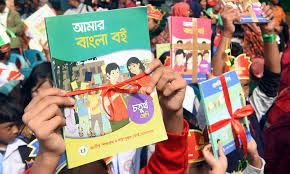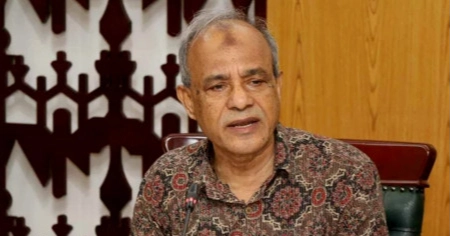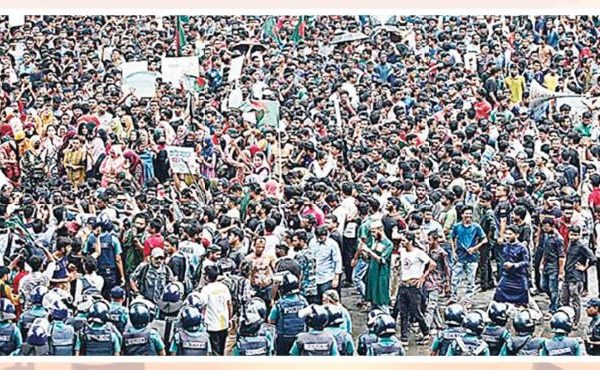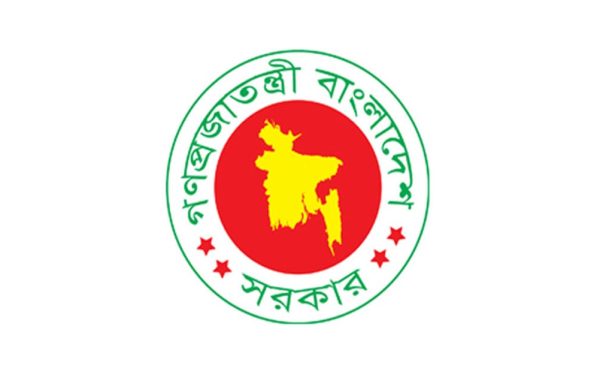Students unlikely to receive full set of textbooks on New Year’s Day
- Update Time : Monday, December 30, 2024

TDS Desk:
With just two days remaining until the start of the new academic year, the government’s longstanding tradition of distributing free textbooks to all students on the first day is facing setbacks as many students will not receive a full set of books on New Year’s Day, although officials from the National Curriculum and Textbook Board (NCTB) assure that all books would reach schools by the end of January.
The textbook delay stems from a recent overhaul of the national curriculum, initiated after the change in government. The NCTB revised 441 textbooks for grades 1–10 to align with the new curriculum, a process that took two and a half months. As a result, the printing schedule was compressed, leaving insufficient time to complete the production of all books before the year-end.
Challenges such as shortages in paper supply, banking transaction issues and delays in contract finalisations further exacerbated the situation. While the NCTB aimed to ensure the delivery of at least three essential textbooks—Bangla, English and Mathematics—to secondary students on the first day of the year, this target has proven unattainable.
This year, the NCTB plans to print 401.5 million copies of textbooks across 964 lots, serving approximately 43.4 million students from pre-primary to grade 10. Of this, 209.4 million books are allocated for 20.9 million primary-level students, while 309.6 million books are designated for 22.4 million secondary-level students, including those in madrasa, technical, and indigenous language programs. For pre-primary and grades 1–3, the majority of textbooks are expected to reach schools by December 31. However, for grades 4 and 5, printing only began in late December, leading to limited availability of these books on the first day of the new year.
At the secondary level, books for grade 10, printed under military oversight, are set to reach 323 upazilas by 1 January. Yet, grades 6–9 will experience significant delays, with books for grade 9 being the most affected.
According to NCTB Chairman Prof AKM Riazul Hasan, the board is prioritising quality over festivities this year.
He emphasised that ensuring students receive high-quality textbooks is the primary focus, even if it means departing from the traditional textbook distribution festival.
Outlining the revised timeline for textbook delivery, Prof Hasan stated that the remaining books for grades 4, 5, and 10 will be distributed by 5 January. Textbooks for grades 6, 7 and 8 will reach schools by 10 January, with all textbooks for all grades expected to be delivered by 20 January.
Prof Hasan emphasised that, while ensuring timely delivery is a priority, maintaining quality standards is paramount.
He noted that in past years, the rush to meet textbook festival deadlines often resulted in subpar books. “This year, we are focused on delivering high-quality textbooks, even if it means foregoing the traditional celebrations,” he said.
The printing industry has faced numerous hurdles, including delays in receiving contracts, shortages of paper, and banking complications.
According to Tofail Ahmed Khan, former president of the Printing Industry Association, printers are working diligently to meet the government’s requirements despite these challenges.
“While delays have occurred, we are committed to completing the printing and delivery of at least three textbooks per student by the first week of January,” Khan stated.
This year, the government has scaled back the customary nationwide textbook distribution festival, citing the need to prioritise quality and the compressed timeline caused by curriculum revisions. However, schools and districts are permitted to organise their own celebrations if they wish.
Despite the hurdles, officials remain optimistic that all students will have their complete set of textbooks well within January, ensuring minimal disruption to the academic calendar.
















